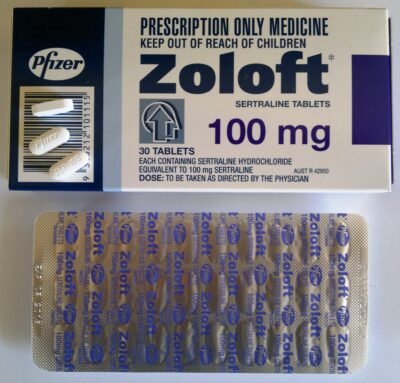

Some other common melatonin mistakes doctors see include: 1. “Like any other medication, there are certainly appropriate uses of melatonin - and similarly, possible adverse effects if not use appropriately.” Avoid These 7 Melatonin Mistakesĭoctors are growing increasingly concerned about melatonin because so many more people are using it - often at high doses for long periods of time - without ever seeking medical advice about their sleep issues. “Like other medications, melatonin use needs to be supervised by a practitioner with experience in treating sleep disorders,” Dr. People should be taking 3 milligrams at most, and doses as low as 0.5 milligrams to start with, he adds.Īnyone considering melatonin should still talk to their doctor first, says Muhammad Rishi, MD, a sleep disorders specialist at the Indiana University School of Medicine in Indianapolis. Many studies that have found melatonin safe and effective looked at doses of no more than 5 to 10 milligrams at most, one recent study suggests. And many people today are taking higher doses over longer periods of time, he explains. Those side effects are based on short-term usage at low doses, says David Neubauer, MD, an associate professor in the department of psychiatry and behavioral sciences at Johns Hopkins University School of Medicine in Baltimore. Melatonin can also lead to potentially dangerous interactions with a wide variety of medications including drugs to manage blood pressure and diabetes, oral contraceptives, blood thinners, and certain antidepressants. Less often, it can cause depression, anxiety, confusion, and disorientation. But it’s worth noting that, because it’s a supplement, melatonin hasn’t been tested or regulated as stringently by the FDA, compared with prescription drugs.Ĭommon side effects associated with melatonin use can include headache, dizziness, nausea, and drowsiness, according to Mayo Clinic. Melatonin is thought to be a safer option, because there is no evidence of such risks. Food and Drug Administration (FDA) added a black box warning to the packaging of certain sleeping pills, including eszopiclone (Lunesta), zaleplon (Sonata) and zolpidem (Ambien), because of the risks of sleepwalking, sleep driving, and engaging in other activities while not fully awake, which had resulted in deaths among patients taking the medications. Prescription sleeping pills that are sometimes used to help treat insomnia can come with some serious side effects, like prolonged drowsiness, hallucinations, and addiction, according to Mayo Clinic. It does not work as a sedative and it is ineffective in most cases of insomnia.”

Melatonin does tend to have less risky potential side effects than certain prescription sleep aids, Grandner says, but he adds that “melatonin is not a good alternative to prescription sleep medications. Many people still try melatonin for insomnia, Grandner says, in part because they’re worried about the potential for addiction and dangerous side effects with several types of prescription sleeping pills. “Insomnia - especially chronic insomnia - is rarely a problem that can be fixed by melatonin,” Dr. The supplement doesn’t tend to help with insomnia or other sleep disorders because the underlying causes of those issues are different. Melatonin (the natural kind your body produces and supplement versions) is one of the hormones that helps set your body’s internal clock and keep body functions on schedule. Melatonin may help with jet lag or shift work–related sleep disorders because those situations are typically caused by disruptions to the body’s internal clock, or circadian rhythm. While melatonin supplements have long been recommended by the American Academy of Sleep Medicine to help treat certain sleep disorders caused by circadian rhythm disruptions - such as jet lag or sleep issues caused by shift work - recent guidelines also caution against taking it for insomnia or in other situations where it is difficult to fall asleep or stay asleep. Dietary supplements that many people use to help themselves sleep contain synthetic versions of melatonin made in a lab, according to the National Institutes of Health. Melatonin is a hormone naturally produced by the brain in response to darkness, and it helps regulate the body’s sleep-wake cycles, or circadian rhythm. “But it’s often not used correctly,” he adds. “It’s great that people are focusing on their sleep, and melatonin may help,” says Michael Grandner, PhD, director of the Sleep and Health Research Program at the University of Arizona College of Medicine in Tucson. Millions of Americans use melatonin pills to help themselves sleep at night.ĭespite the growing popularity of melatonin (recent research finds use of the supplement has grown as much as 500 percent in the past two decades), it’s unclear how many people are using it correctly or getting the results they’re seeking.


 0 kommentar(er)
0 kommentar(er)
